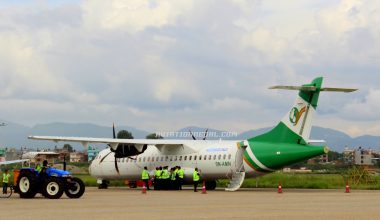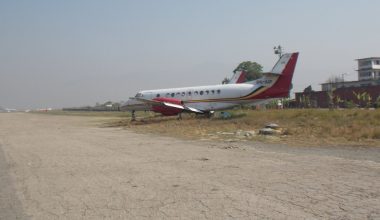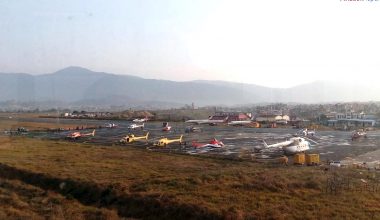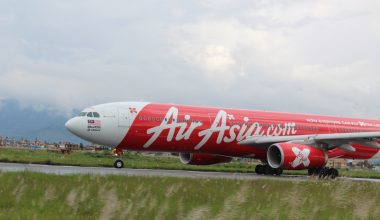On the tenth anniversary of the first flight to blend sustainable aviation fuel and ordinary jet fuel, the International Air transport Association (IATA has set an aim to fly one billion passengers on flights powered by a mix of jet fuel and sustainable aviation fuel (SAF) by 2025.
A decade back, a Virgin Atlantic Boeing 747 flew from London to Amsterdam with sustainable aviation fuel in one of its engines that demonstrated the practicability of drop-in biofuels, which can be blended with traditional jet fuel and using existing airport infrastructure. Using SAF completely, a flight has the potential to reduce the carbon emissions by up to 80%.
Likewise, in 2009, a KLM Boeing 747-400 (registered PH-BFK), sported special “Powered by biofuel” titles had one of its four engines function by using a 50-percent mix of bio-kerosene and normal fuel. Flight 1919 out of Amsterdam had about 40 VIP passengers in order to test the environmentally-friendly energy, and it went off without a hitch.
IATA’s Director General and CEO Alexandre de Juniac said that use of SAF has gained momentum from 1 flight in 2018 to 100000 in 2017 and have expected to hit one million flights during 2020. The aim is to take 1 billion passengers to have flown on a SAF-blend flight by 2025 and ensure it is as attractive to produce as automotive biofuels he added.
The increment in use of SAF is high as airlines industry has committed to achieve carbon-neutral growth from 2020 and to cut net carbon emissions by 50% compared to 2005. Various airlines have made investments on SAF while airports are mixing SAF with general fuel supply.
As per current status on use of SAF, half a billion passengers will be flown in 2025 on SAF-blend power flight and with the help of government and effective use of policy to produce and use sustainable fuel industry, it is possible that one billion passengers could experience an SAF flight by 2025.
Although some biofuels sources for land transports have criticized use of SAF, de Juniac emphasized strongly the determination of the industry to only use truly sustainable sources for its alternative fuels and added that we will never use a sustainable fuel that upsets the ecological balance of the planet or depletes its natural resources.






